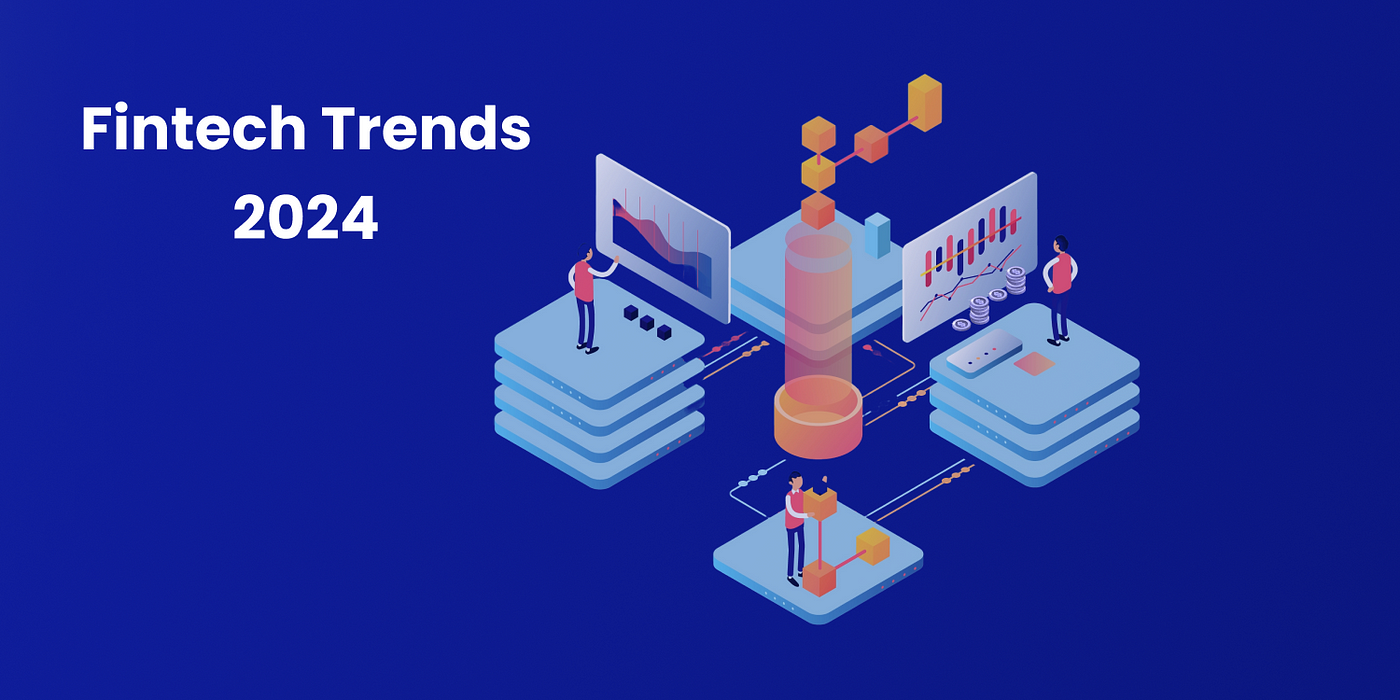Last year was stressful in so many ways. Covid-19 changed the rules of social functioning and forced us to keep a distance from each other to stay safe and protect others. The only way that was safe enough for us to connect was digitally. In general, every crisis hides opportunities for growth, and in 2020, FinTechs recognised that the moment is ripe for making their services mainstream.
From my experience working in Dreamix, a bespoke software development company, experienced in the banking sector, I learned new technologies help businesses solve problems in a better way. Modern consumers expect a seamless user experience and low fees, so FinTechs create opportunities for this to happen. Let’s see the FinTech trends to watch out for in 2024.
- FinTechs Will have an Impact on Global Economy
The stability of the world economy was rocked by the Covid-19 pandemic, an unparalleled health calamity in contemporary history. G20 finance ministers and bank executives convened in February 2021 to discuss current economic issues, such as the absence of a stable and well-coordinated financial framework.
The leaders of the G20 nations reached a consensus that FinTech businesses and digitization will be essential to the world economy’s revival. But prior to the epidemic, we had to deal with things like rapid payments, online loan applications, and risk assessments. The difference now is that as more individuals see the increased rates of adoption, many who previously undervalued the significance of FinTechs begin to express interest in these products.
- The Use of Cryptocurrencies Is Greater Than Before
In general, new applications for the potential of blockchain technology—and cryptocurrencies in particular—will undoubtedly arise in 2021. Prominent FinTech companies are generating new investment possibilities and diversifying their cryptocurrency portfolios, including PayPal, Mastercard, Revolut, and others. Despite the fact that a lot of people are still ignorant about the cryptocurrency space, there are more and more chances for B2B and B2C companies.
However, JPMorgan claims that Bitcoin is only a “economic side show” and that FinTech innovation is what really drives the contagion forward. These businesses give the general public additional options for credit and payment as the demand for digital financial services continues to rise rapidly.
- Banks Show Strong Interest in FinTechs
Owing to the financial crisis sparked by Covid-19, powerful monetary authorities look to up-and-coming digital trendsetters for direction. The true question here is whether FinTechs and banks will continue to operate as rivals or whether they will collaborate to develop goods and services that benefit both parties and provide value for their clients.
Consider the European Payments Initiative, which should be completely functioning by the end of the next year. Together, sixteen European banks build a new, adaptable financial infrastructure that will help customers, small and medium-sized businesses, and merchants. Europeans will not need to register a bank account in a specific wallet in order to send and receive instantaneous cashless P2P payments by 2022.
- Artificial Intelligence (AI) and Machine Learning (ML)
The majority of FinTech businesses already use AI and ML, but in 2021, their importance is predicted to rise. Successful implementations of AI and ML may be seen in a number of common use cases, including accurate credit scoring, personalized advertising, fraud detection, and personal finance management. The increasing quantity of data accessible will lead to a greater demand for advanced data analytics driven by artificial intelligence.
Expectations towards AI and ML are that these technologies will become even smarter with customised app features, tailor-made offers or elaborate chatbots. The goals that remain relevant are process automation, accelerated financial service delivery and easily accessible financial support.
- ESG Integration Will Become a Must in 2024
ESG stands for Environmental, Social and Corporate Governance and tries to deliver principles for ethical and sustainable ways of investment. It is expected that institutions that invest in FinTechs will demand the strict standard following from them. On the other hand, FinTech companies can be under pressure to develop even more innovative software solutions that appeal to customers.
In 2024, the ESG criterion will be required as it is becoming increasingly difficult to overlook the advantages and creative possibilities of FinTechs. First of all, as the world’s commitments to combating climate change increase, investors will be searching for businesses that are pursuing sustainable product development. Second, there is a rise in the issuance of loans and debt that is resource-friendly and sustainable, which affects the amount of money that investors are ready to invest. Thirdly, goods that promote social movements and causes, like Black Lives Matter, will receive the much-needed attention that the social component of the ESG deserves.
Author Biography Aleksandrina Vasileva
As a content creator at Dreamix, a bespoke software development firm, Aleksandrina is interested in cutting-edge technology solutions that have a good effect on society. Her passion for psychology combined with her experience as a teacher motivates her to impart information. She is a passionate blogger and voracious reader who is constantly searching for the next inspiring idea.













